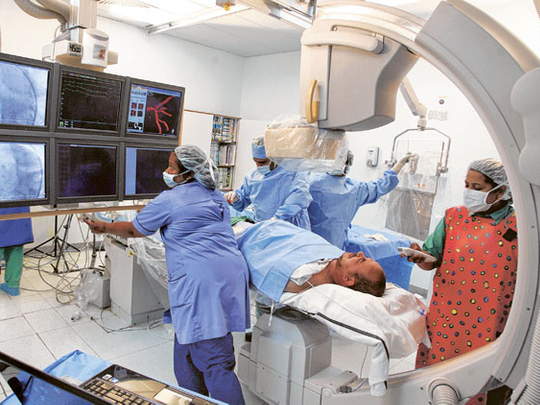
It is too early to estimate all the repercussions from the coronavirus outbreak - but it sure will affect all walks of life and especially the economic. There will be both temporary and strategic repercussions.
The sharp decline in oil prices and financial markets is undoubtedly temporary, as they will recover as soon as the crisis is over. However, the strategic repercussions will have several far reaching consequences, foremost of which will be the shrinking of the European Union due to its failure to provide necessary assistance to member-states in times of need.
Not only that, the rapid and unexpected collapse of the healthcare structure in EU countries will have devastating consequences, especially as each state is now focusing only on its internal affairs. Things have gone even degenerated into piracy, where some members have seized ships carrying medical equipment and supplies as they were crossing EU waters.
This collapse was inevitable due to an important economic reason - EU countries had ignored investments in and privatized health services over past decades. The same thing happened, unfortunately, in the education sector, which placed them in a position where they are unable to deal with a health crisis.
Giving healthcare its due
The privatization of heath infrastructure undermined the public health sector, while the private sector is taking things from a commercial perspective, i.e., pay first. On the contrary, the Gulf countries have a different story. They have proved effective in the midst of the coronavirus crisis, and set an example for the rest of the world.
Forty years ago, I worked at the Ministry of Planning in Abu Dhabi, where the annual state budget used to be developed and 40-45 per cent of resources went to the ministries of health and education, and similar to the budgets in other GCC countries.
Over these decades, the GCC countries developed high-quality health and educational systems, which have proven effective in the recent crisis and saving thousands of lives. The Gulf’s health sector services have impressed others thanks to its ability in crisis management guided by a wise leadership, which swiftly intervened.
Prepared from the outset
Necessary measures were immediately taken to treat patients and contain the spread, while providing medical supplies and promoting health awareness among the public to avoid infection. The GCC states may be the only ones to suffered no shortages in medical supplies; rather they provided large aid consignments to other countries, including Europe.
And to make things clear, the GCC’s private health sector has been upgraded in parallel with the public services and have contributed significantly. Quite the reverse of what Western countries did to their public healthcare services.
There is a big difference between having highly developed private health services - which is something necessary - and reducing or privatizing government health services. This was a grave mistake made by the European Union and North America.
Keep them accessible to all
Many things can be tampered with expect two essentials - health and education - and which need to be offered free to all, so that the society does not slide to pools of ignorance and illness.
In the region, the breakdown of health infrastructure in some large countries can be attributed to their negligence to public services, and their attention to external activities such as financing of militias. This squandered resources and as a result of their failure, have caused their people suffering and loss of life by the inability of their dilapidated health infrastructure to cope with a dangerous situation.
Therefore, the Gulf experience sets an example for the rest of the world. The measures taken in Gulf cities, hospitals, airports and public utilities are much appreciated and admired by their residents, who were treated equally with other GCC citizens, except for Qatar, which neglects the health of its people and the people of the gulf by continuing to operate flights to affected countries in the region, such as Iran.
Most important, we extend our thanks and appreciation to the GCC leaders and governments. You have gone above and beyond expectations. Thank you for your attention to your citizens and residents. We take our hats off to you.
Stay Home - Stay Safe.
- Mohammed Al Asoomi is a specialist on energy and Gulf economic affairs.








